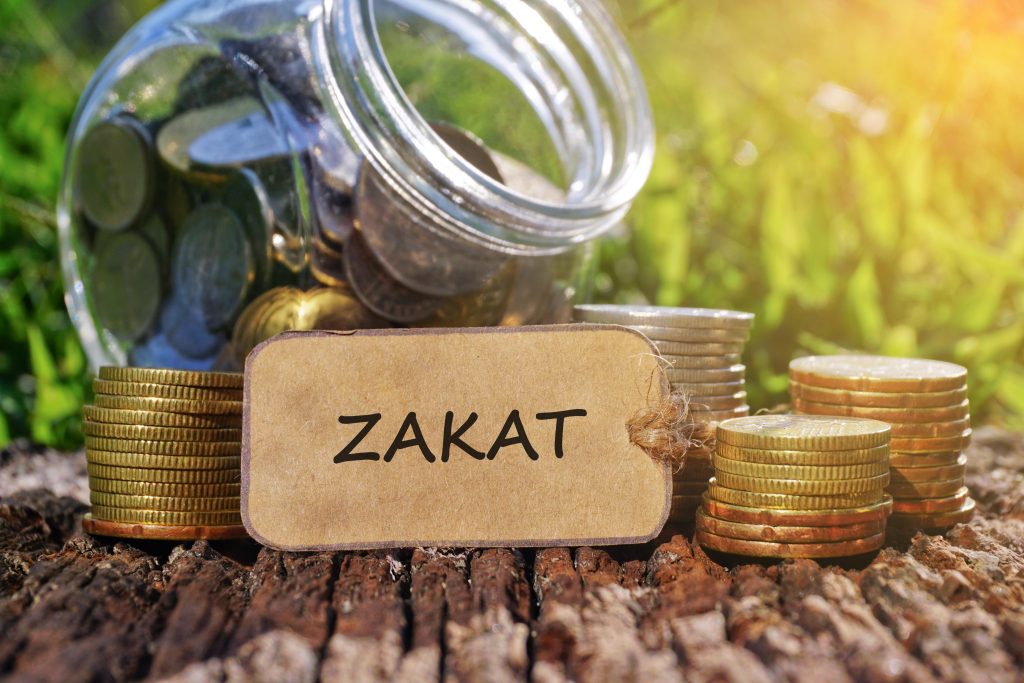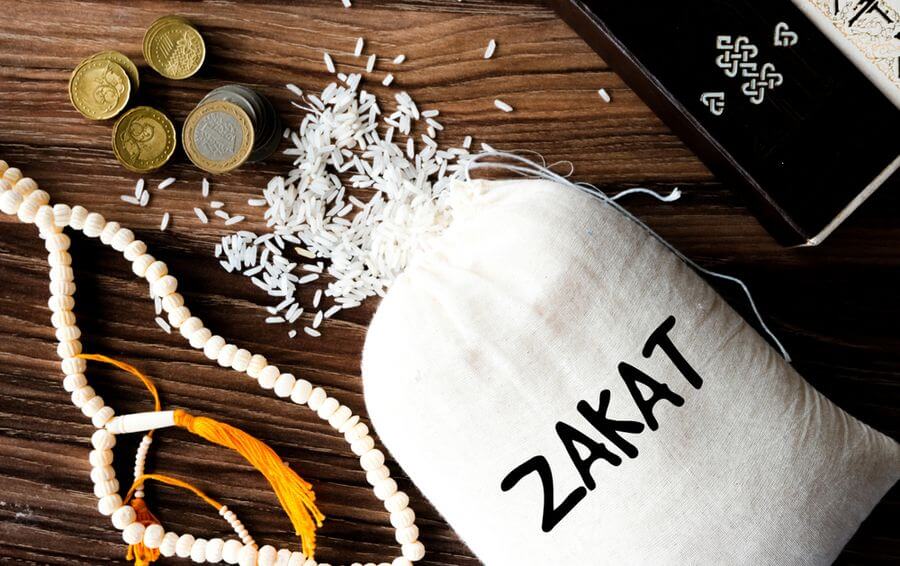The Spirit of Giving: Exploring the Impact of Zakat on Child Welfare
Zakat, a pillar of Islamic faith, embodies the essence of community-based charity, offering profound implications for child welfare within Muslim societies. Unlike sporadic acts of giving, Zakat is a structured obligation deeply rooted in Islamic teachings. It mandates that Muslims meeting specific wealth criteria contribute a portion of their assets to those in need, including children. Operated within a communal framework, Zakat ensures equitable distribution of resources to address the needs of vulnerable individuals, including orphaned or impoverished children.

Strengthening Communities Through zakat
Zakat, a pillar of Islam, is indeed a form of community-based charity that has a significant impact on child welfare and broader societal well-being. Unlike spontaneous charity movements, Zakat is a structured and obligatory form of giving that is deeply ingrained in Islamic teachings. It is considered a fundamental obligation for Muslims who meet certain criteria of wealth to donate a portion of their assets to those in need, including children.
Zakat operates within a community framework, where individuals contribute to a common fund, which is then distributed to eligible recipients according to Islamic principles. This structured approach ensures that resources are distributed equitably and efficiently to address the needs of vulnerable individuals, including orphaned or impoverished children.
The impact of Zakat on child welfare is multifaceted. It provides essential support for children who may lack access to basic necessities such as food, shelter, education, and healthcare. Zakat funds are often used to establish social welfare programs and initiatives aimed at improving the well-being of children, including orphanages, schools, healthcare clinics, and vocational training centers.
Moreover, Zakat fosters a sense of community solidarity and compassion, as Muslims come together to fulfill their religious obligation and support those in need. It strengthens social cohesion and mutual support networks within Muslim communities, reinforcing the values of generosity, empathy, and social responsibility.
In summary, Zakat serves as a community-based charity movement with a profound impact on child welfare and broader societal development. It embodies the principles of social justice and compassion, providing essential support for vulnerable children and strengthening the fabric of Muslim communities worldwide.
What is zakat
Zakat, an obligatory form of charity in Islam, is calculated based on the total value of one’s possessions, typically at a rate of 2.5% of savings and wealth exceeding a minimum threshold known as nisab, which is determined annually. However, there is variance among Islamic scholars regarding the exact nisab amount and other aspects of zakat. According to Islamic doctrine, the collected zakat should be distributed to various categories of beneficiaries, including the poor, needy, orphans, widows, those in debt, and others in need, as well as for the cause of God and to assist stranded travelers.
In many Muslim-majority countries, zakat contributions are voluntary, while in select nations such as Libya, Malaysia, Pakistan, Saudi Arabia, Sudan, and Yemen, zakat is mandated and collected by the state. Among Shia Muslims, zakat is traditionally regarded as a private obligation, and contributions are often directed to imam-sponsored collectors rather than state entities. However, it remains obligatory for Shia Muslims to fulfill their zakat obligations.
Impact of Zakat on Child Welfare
Zakat, an integral pillar of Islamic charity, holds profound implications for child welfare within Muslim communities. One significant impact is evident in the provision of basic necessities. Zakat funds often serve as a lifeline for vulnerable children, ensuring they have access to essentials like food, clothing, shelter, and healthcare. By addressing these fundamental needs, Zakat contributes directly to improving the overall well-being and quality of life for disadvantaged children, laying a foundation for their healthy development and future success.
Moreover, Zakat plays a pivotal role in facilitating educational opportunities for children from impoverished backgrounds. Education is widely recognized as a key pathway out of poverty, empowering children with the knowledge and skills necessary to break the cycle of deprivation. Zakat funds are frequently allocated to support educational initiatives such as scholarships, school supplies, and tuition assistance programs. By investing in education, Zakat not only equips children with the tools to build better futures for themselves but also strengthens the social and economic fabric of their communities.

Furthermore, Zakat contributes to child welfare by addressing broader social and economic inequalities that impact children’s lives. Through its redistributive function, Zakat helps bridge the gap between the affluent and the marginalized, ensuring that resources are allocated equitably to those in need. By lifting families out of poverty and providing them with the means to support their children, Zakat fosters a more inclusive and supportive environment for all members of society, particularly the most vulnerable.
Additionally, Zakat promotes the values of compassion, empathy, and social responsibility within Muslim communities. By fulfilling their Zakat obligation, individuals affirm their commitment to helping those less fortunate and upholding the principles of justice and solidarity. This collective spirit of giving not only benefits children directly through the provision of material support but also contributes to building stronger, more cohesive communities where every child is valued and cared for.
In essence, Zakat’s impact on child welfare transcends mere charity; it embodies a holistic approach to social justice and community development. By addressing the immediate needs of children, investing in their education, and promoting broader socio-economic equity, Zakat contributes significantly to creating a more equitable and compassionate society where every child has the opportunity to thrive.
Final thought
In conclusion, Zakat stands as a beacon of hope and compassion, illuminating the path towards a more equitable and inclusive society. Its impact on child welfare transcends mere charity, offering a holistic approach to addressing the multifaceted needs of vulnerable children. Through Zakat, communities come together to uphold the values of justice, solidarity, and social responsibility, ensuring that every child has the opportunity to thrive and fulfill their potential. As we continue on this journey of collective stewardship, let us remain steadfast in our commitment to fulfilling the rights of the most vulnerable among us, for in their well-being lies the true measure of our humanity.
Read more: From Food Scarcity to Abundance: Transforming Lives Through Meal Programs



